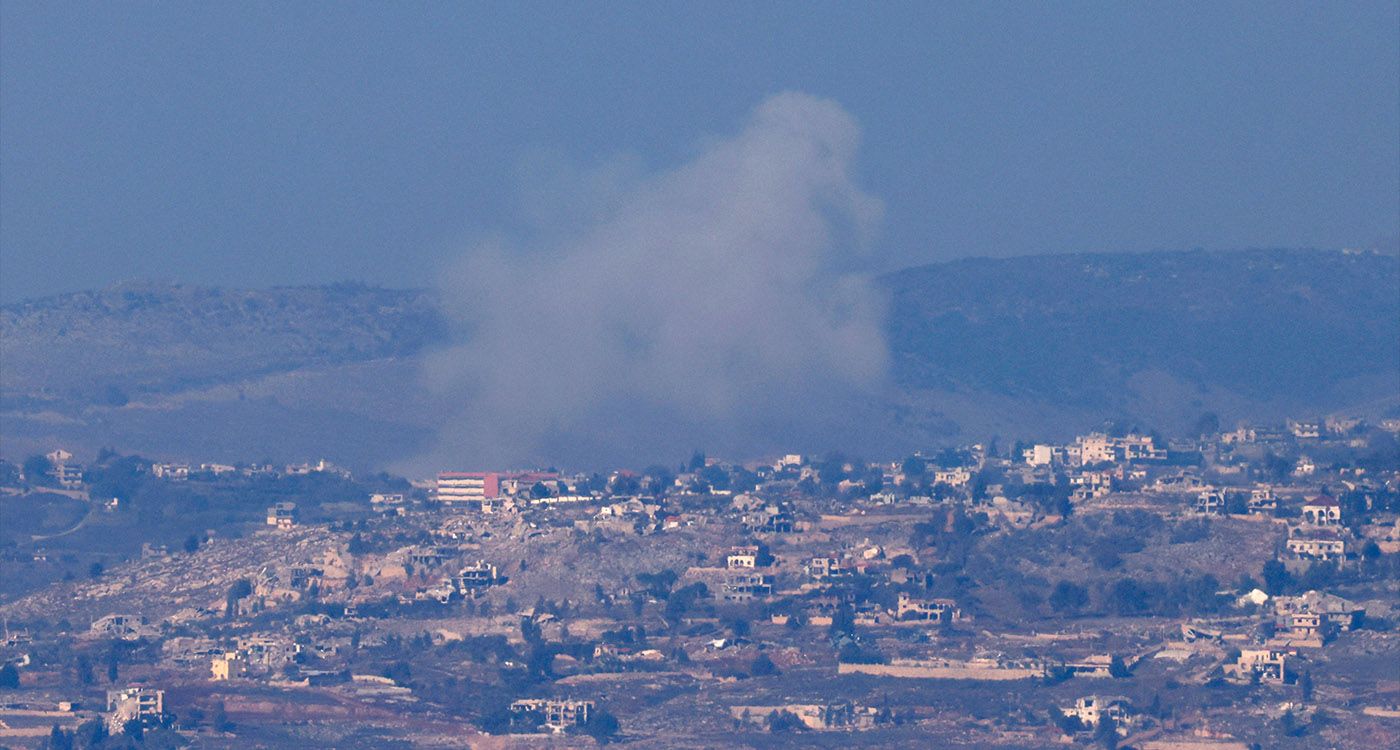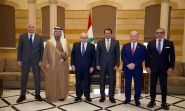
The ceasefire in southern Lebanon is faltering, raising concerns among local, regional, and international key players about its potential collapse. In response, many of these parties rushed to initiate a series of contacts aimed at stabilizing the situation. However, their efforts have so far proven unsuccessful. Hezbollah retaliated against what it described as Israeli violations, but its response failed to deter the Israeli military from continuing its attacks in various areas, particularly in the south.
According to reports, intense communications followed Hezbollah's response but failed to secure a commitment from the Israelis to halt their military operations. Consequently, the situation remains volatile and open to all possibilities, prompting an expedited push to activate the monitoring committee as outlined in the agreement between Hezbollah and Israel.
In this context, it has been revealed that the French have already named their representative to the committee, who is expected to arrive in Lebanon on Wednesday. However, this does not guarantee the immediate convening of the committee, as the representatives for Lebanon and Israel have yet to be announced. Notably, the committee’s meetings are expected to be hosted at the UNIFIL headquarters in Ras al-Naqoura.
Western diplomats have indicated that Israel considers any Hezbollah activity, whether in Lebanon or Syria, after the ceasefire announcement to be a violation of the agreement. According to Israel’s understanding, which aligns with that of the United States, Hezbollah's military status must remain unchanged from the moment the truce took effect. Any attempt to alter or reorganize this status is seen by both Israel and the US as an effort to rebuild and enhance Hezbollah’s military capabilities and infrastructure.
This principle is anchored in the ceasefire agreement, which explicitly calls for the dismantling and destruction of military infrastructure, weapons production facilities, and logistical networks, while also prohibiting the transfer of arms across borders.
Western officials pointed out that Israel is concerned Hezbollah may relocate missiles, military equipment, and combat tools to undisclosed locations, away from their current sites, which are already known to the Israeli army. This would hinder efforts, as Israel is currently able to guide American and French officials to these identified locations, paving the way for the Lebanese army to dismantle them in accordance with the ceasefire agreement and the implementation of Resolution 1701.
Moreover, sources within the Shiite duo Amal-Hezbollah, argue that the ceasefire agreement does not allow Israel the freedom to act unilaterally; it can only file complaints with the monitoring committee regarding what it deems violations. They have raised concerns about the delay in activating the committee’s work, questioning whether it is deliberate, allowing Israel more time to escalate tensions, especially since no timetable has been set for Israel's withdrawal from the recently occupied Lebanese territories. Furthermore, Hezbollah cannot remain passive in the face of these developments. In fact, it has signaled its determination by responding to what it described as Israeli violations, warning of a stronger retaliation if they continue.
There are ongoing concerns that the situation in southern Lebanon could once again spiral out of control, as both sides of the conflict seem to be circumventing the ceasefire. Israel views the agreement as a complete dismantling of Hezbollah’s military capabilities, either peacefully or by force. On the other hand, Hezbollah sees the ceasefire as an opportunity to rebuild its military strength. The prospect of forcibly removing Hezbollah from south of the Litani River, as Israel seeks, is not considered viable by the pro-Iranian faction, nor is the notion of restraining it north of the Litani or across all Lebanese territories, as outlined in the ceasefire agreement and the implementation of Resolution 1701.




Comments